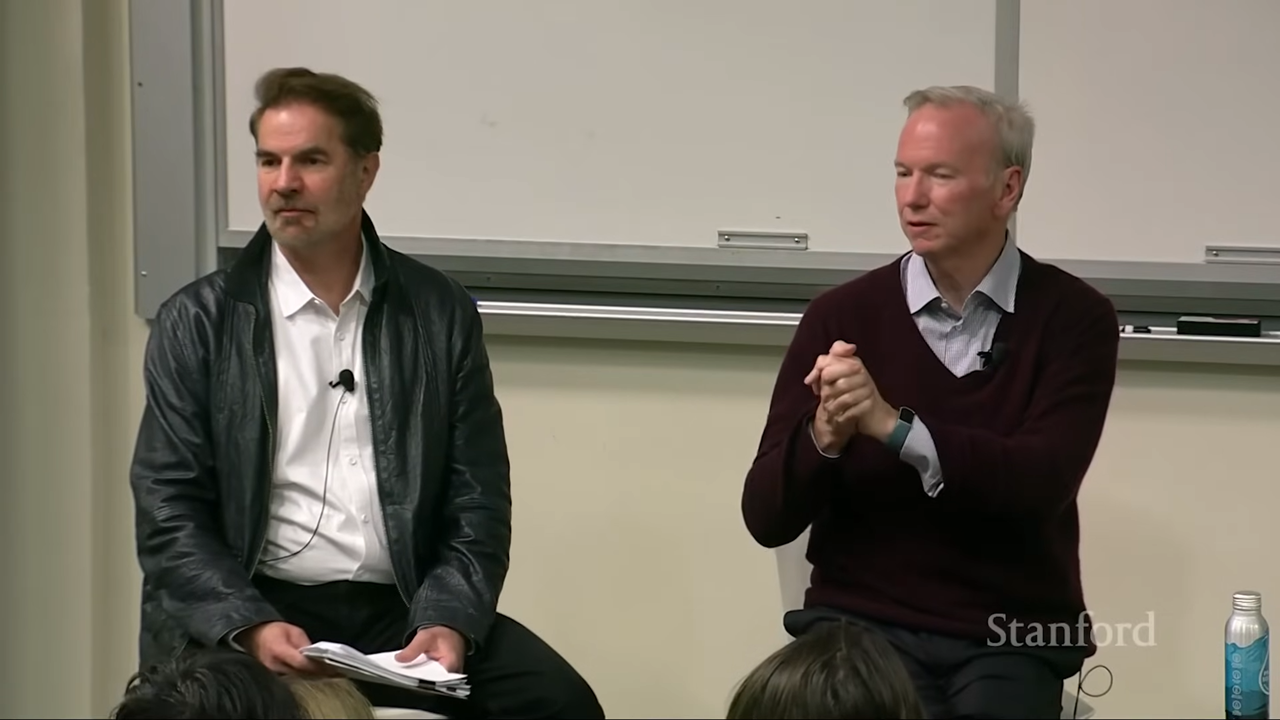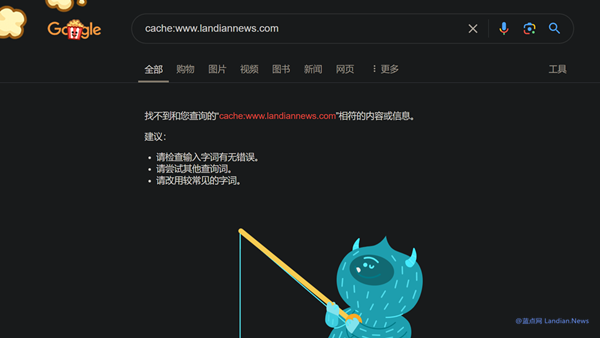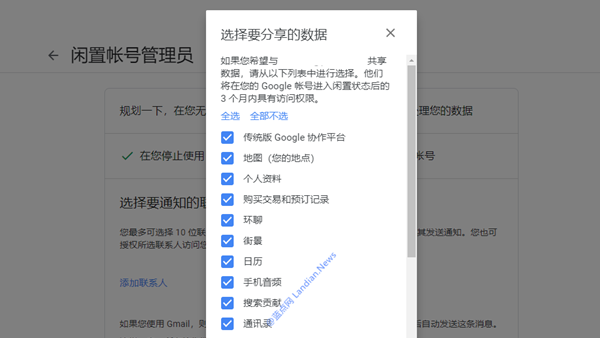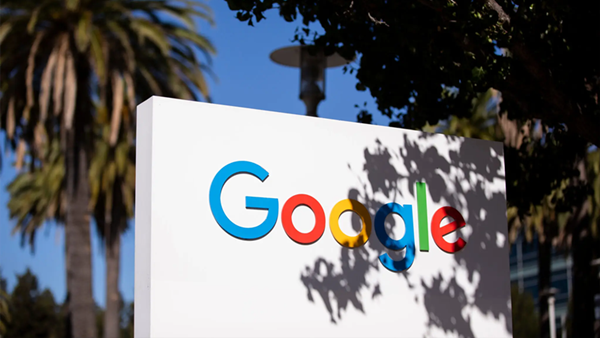Google's Former CEO Eric Schmidt Believes Remote Work Contributed to Google's AI Setback
Currently, Google lags behind OpenAI and Anthropic in the field of artificial intelligence, despite its efforts to catch up. OpenAI remains the star of the AI industry, although Google has been a leading company in machine learning and artificial intelligence over the past decade. For instance, Google researchers invented the Transformer deep learning framework in 2017, a technology widely used by many AI companies today, with the "T" in ChatGPT standing for Transformer.
Eric Schmidt, who served as Google's CEO from 2001 to 2011, attributes Google's lag in AI to the company's remote work policy. He believes that remote work and flexible working hours are among the reasons for Google's setback.
During a recent discussion hosted by Professor Brynjolfsson and students at Stanford University, Schmidt expressed his views:
"Google prioritizes work-life balance, getting home early, and working from home over winning. Startups succeed because people work incredibly hard."
"I'm sorry to be so blunt, but the reality is, if you leave university to start a company, and you want to compete with other startups, you wouldn't let people work from home, coming to the office only one day a week."
''Elon Musk, a highly driven leader, maximizes employee potential (Note: In June 2022, Musk mandated that SpaceX and Tesla employees must work 40 hours a week in the office, or face termination)."
Besides praising Elon Musk and the corporate cultures of SpaceX and Tesla, Schmidt also lauded the chip manufacturer TSMC, which requires doctoral students to work in the factory basement. "Can you imagine asking American physicists to do that?" Schmidt remarked.
However, Google's remote work culture isn't as open as it seems. Like most companies, Google requires employees to work in the office at least three days a week, allowing them to work remotely the rest of the time.
Other companies are gradually eliminating remote work or reducing remote work hours, insisting employees return to the office. While some companies, similar to Google, do not require full-time office presence, many have already abolished remote work policies.










